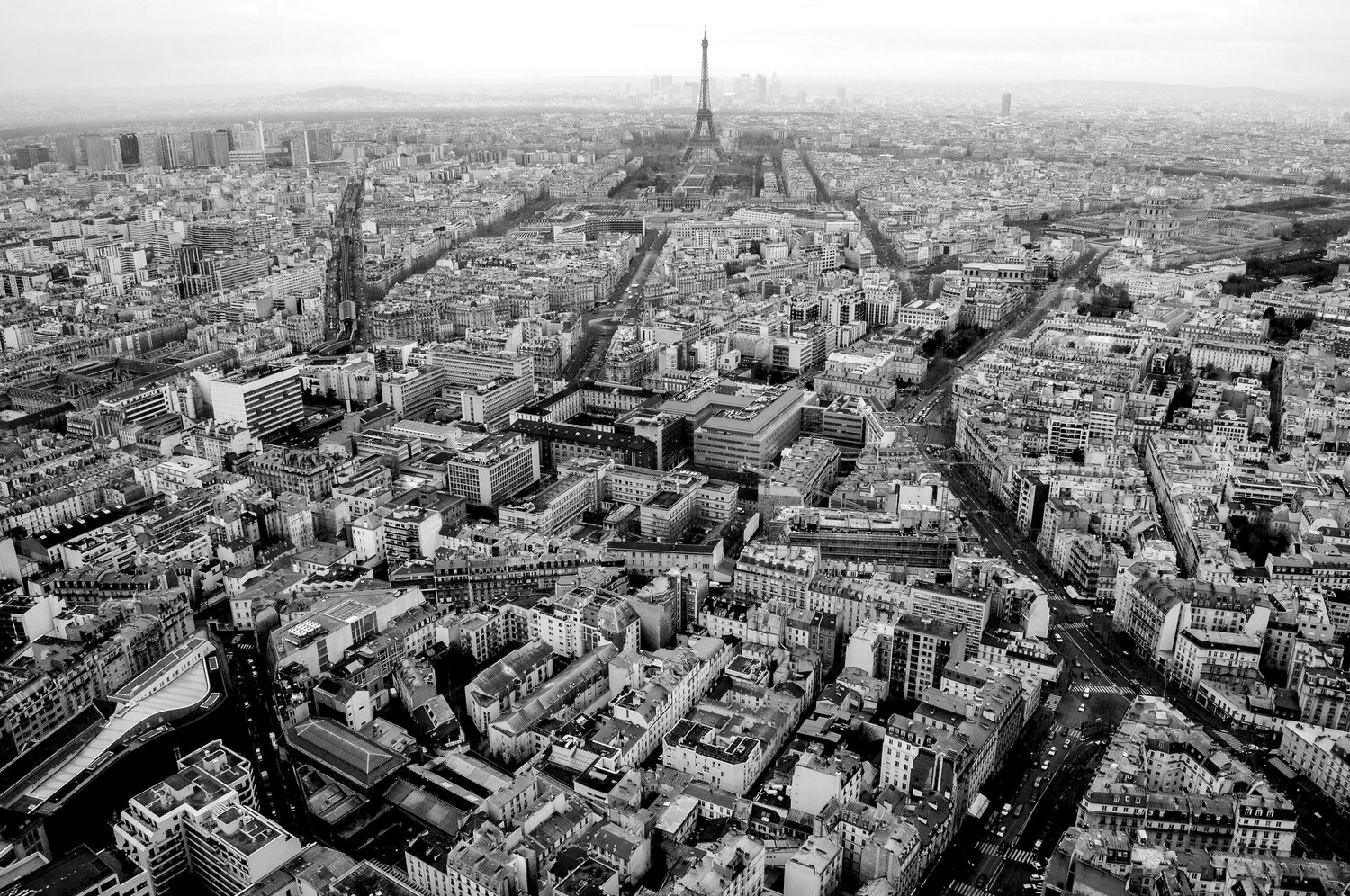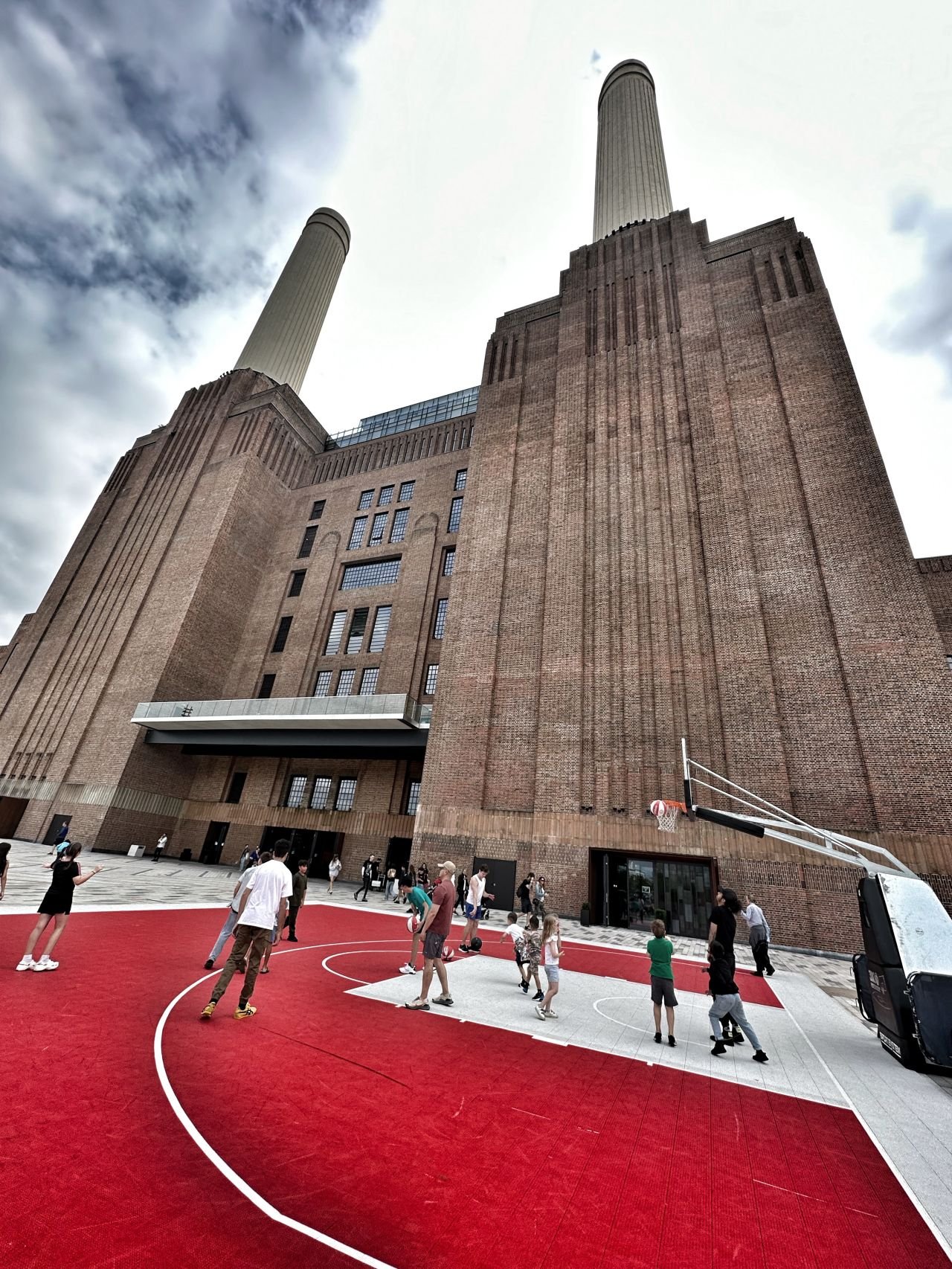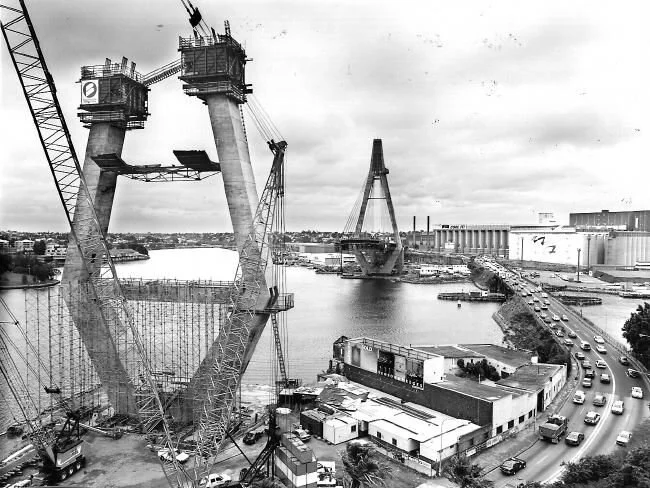I took this photo in 2010. I had been riding my moped around the city and a huge storm blew in. An old lady took me into her home and gave me some fruit. I stuck my head out to watch the rain and spotted all these kids running about having a play. I grabbed my camera - and this was the result. To this day it's one of my favourite photos - probably because it reminds me of the kindness of the old lady giving me some fruit!
On a trip down to Sihanoukville in Southern Cambodia in 2010 I was overwhelmed at just how fast the city seemed to be changing. In front of my eyes huge resorts were being built along the beach, new roads were bulldozing through forests in front of my eyes, and coffee shops and bars were booming.
This is a place that only two decades ago was nothing but a sea port, and only a few years before that, was host to thousands of Australian, Belgian and French military troops of the United Nations Transitional Authority of Cambodia.
The New York Times has recently dubbed Sihanoukville as "Asia's next trendsetting beach". After a long history of colonialism, war, murder and trade, the city has now established itself as a popular tourist destination.
This is not necessarily a negative change - but its rapid change nonetheless.
A new apartment block is being constructed along the beach.
My friend Andrew Nummey and I having a beer down on the beach after a day exploring the city.
As the face of the city rapidly changes, so do its people and entire way of life. In the decades prior, this would have been a city of trade and fishing. When I met a young boy in town, I asked what he was learning at school. he told me that the males in his class were studying business and English, while the girls were learning to dance for tourists. After he finished talking, he offered be to buy a bracelet - the tourism business was already deep in his blood.
Once you've been to a city and learned a bit about its culture, you begin to appreciate how quickly places can also change, and therefore, the responsibility that we all have to look after the people and places around us as best we can.
This is a city at the edge of a huge transition, it will be fascinating to check it out in a few more years to see how it has transformed.













